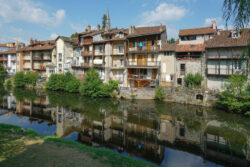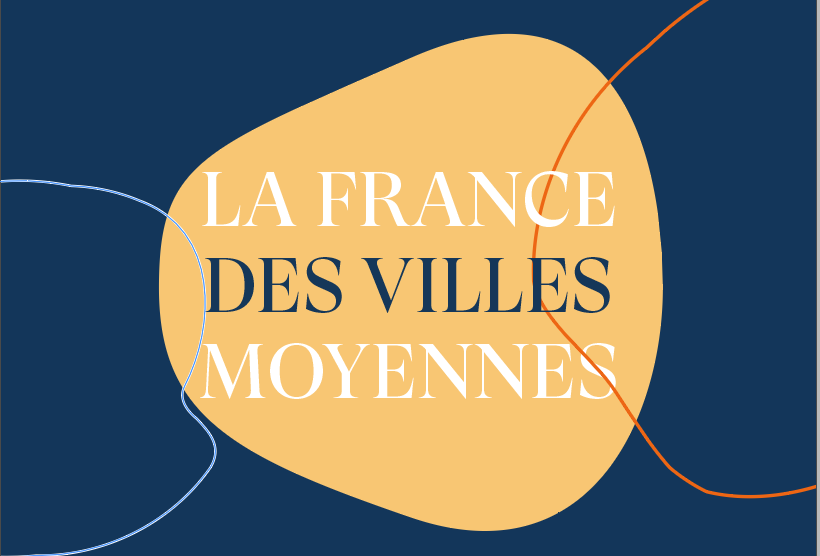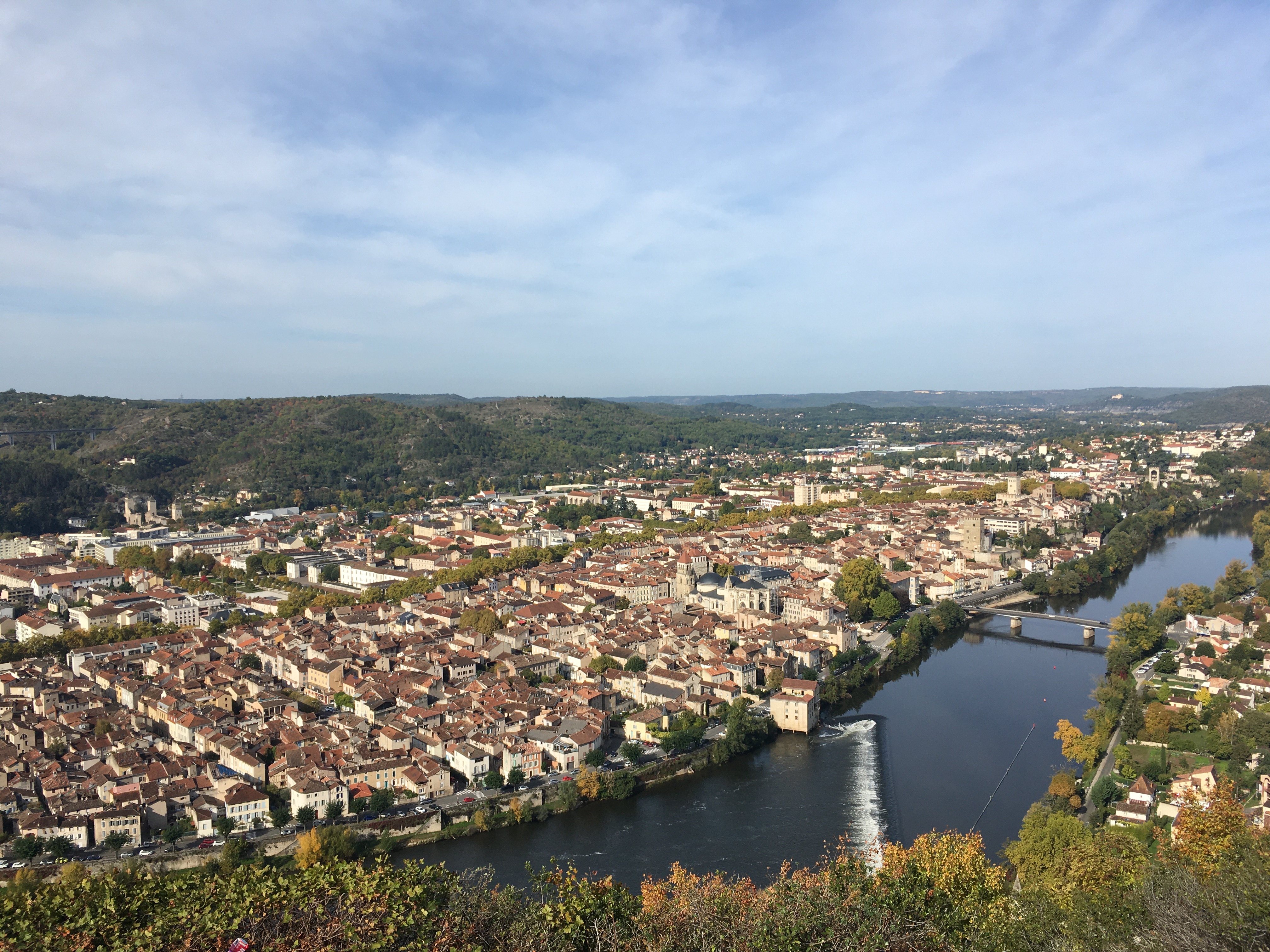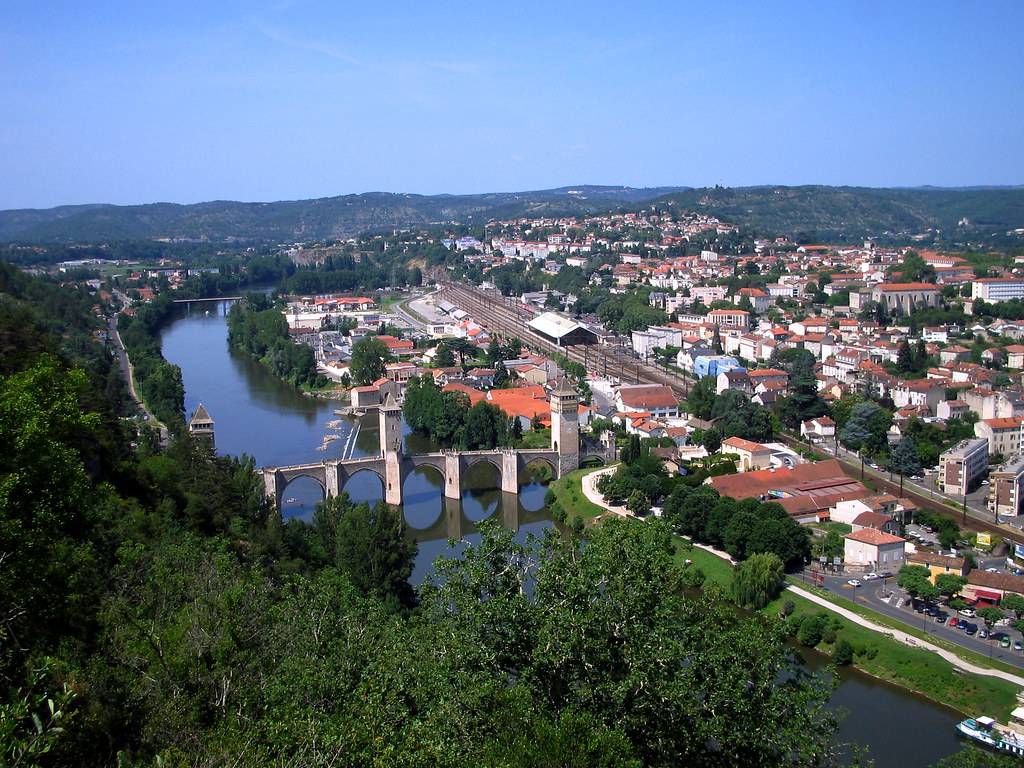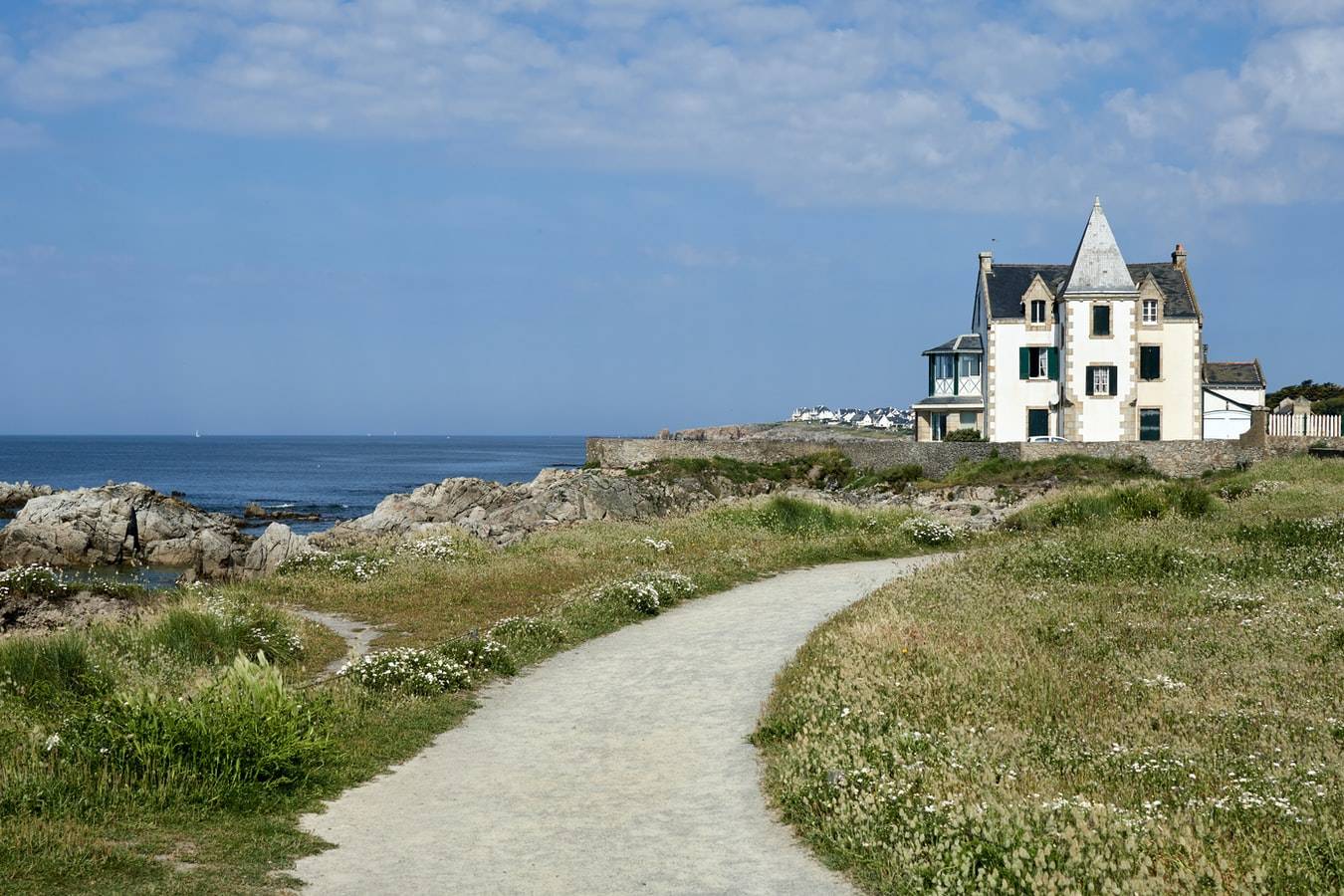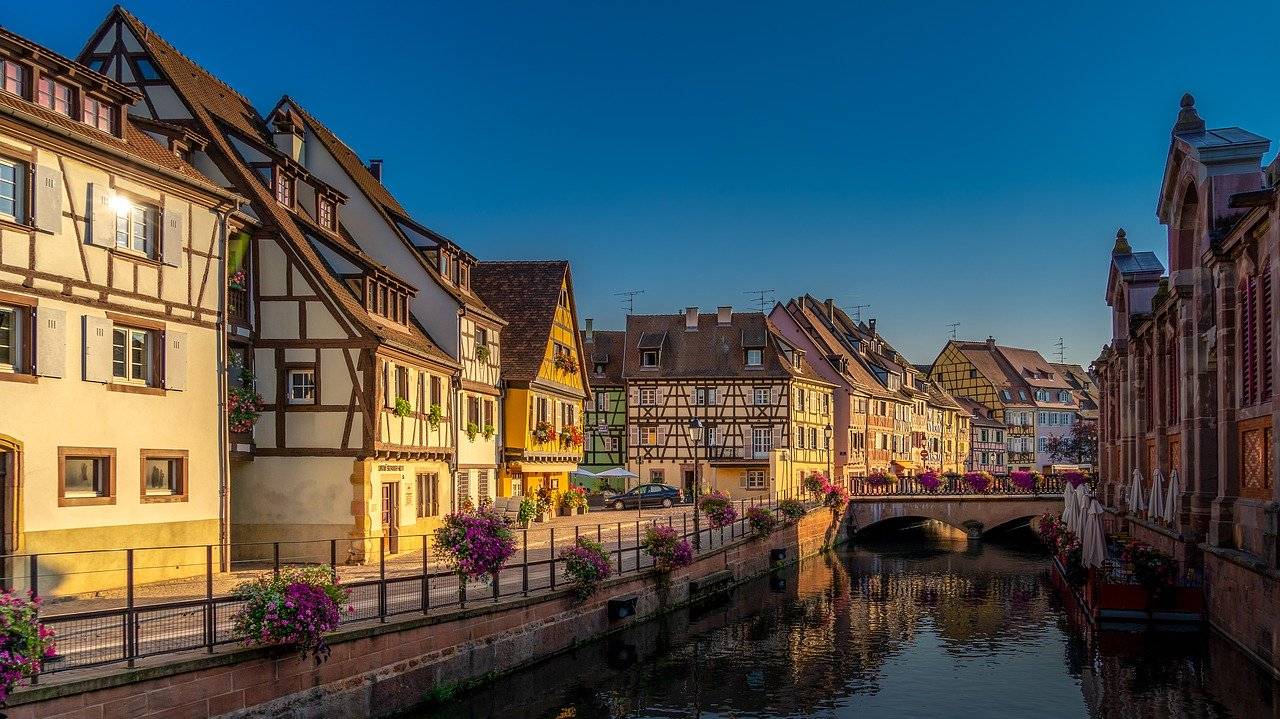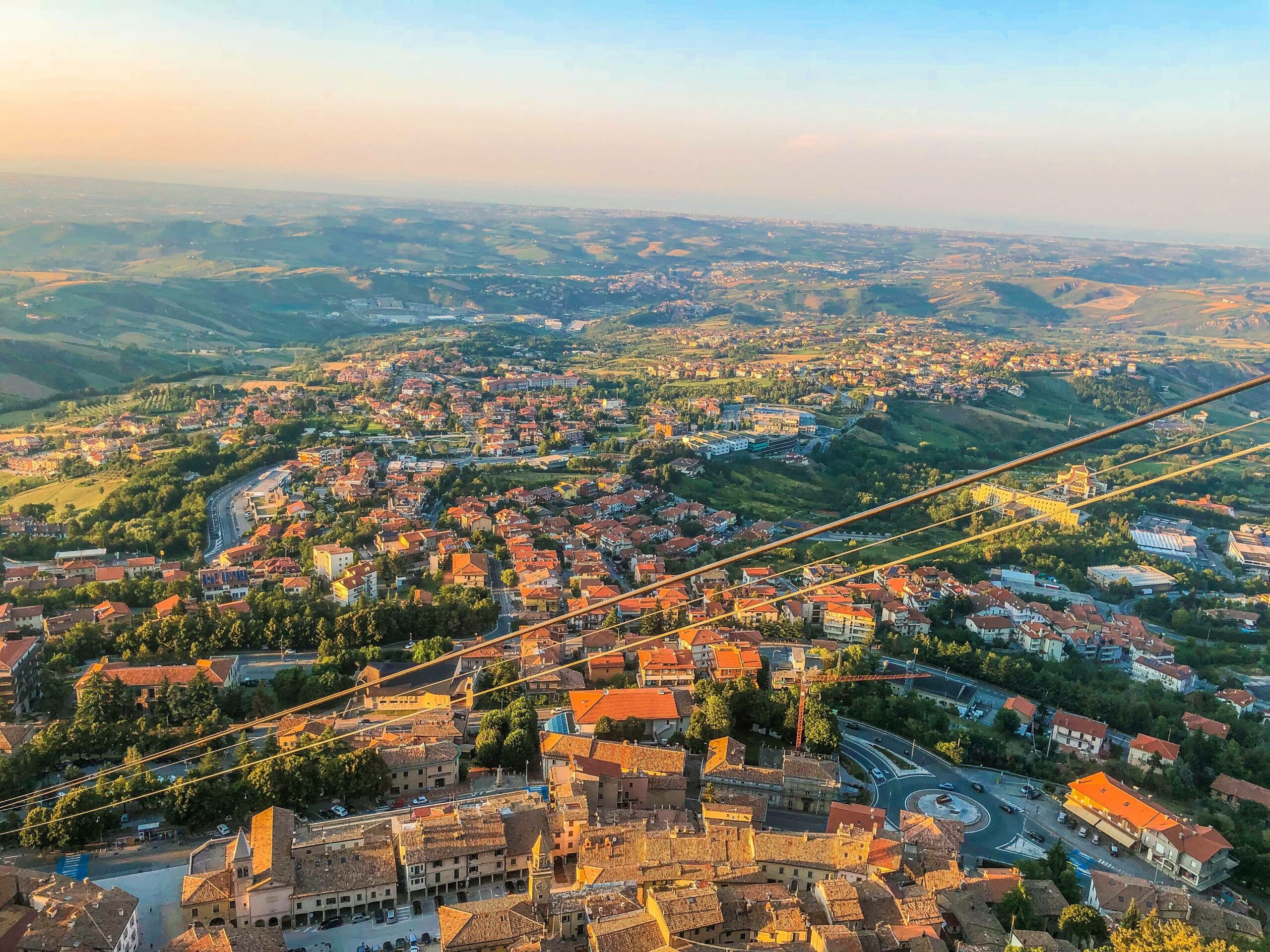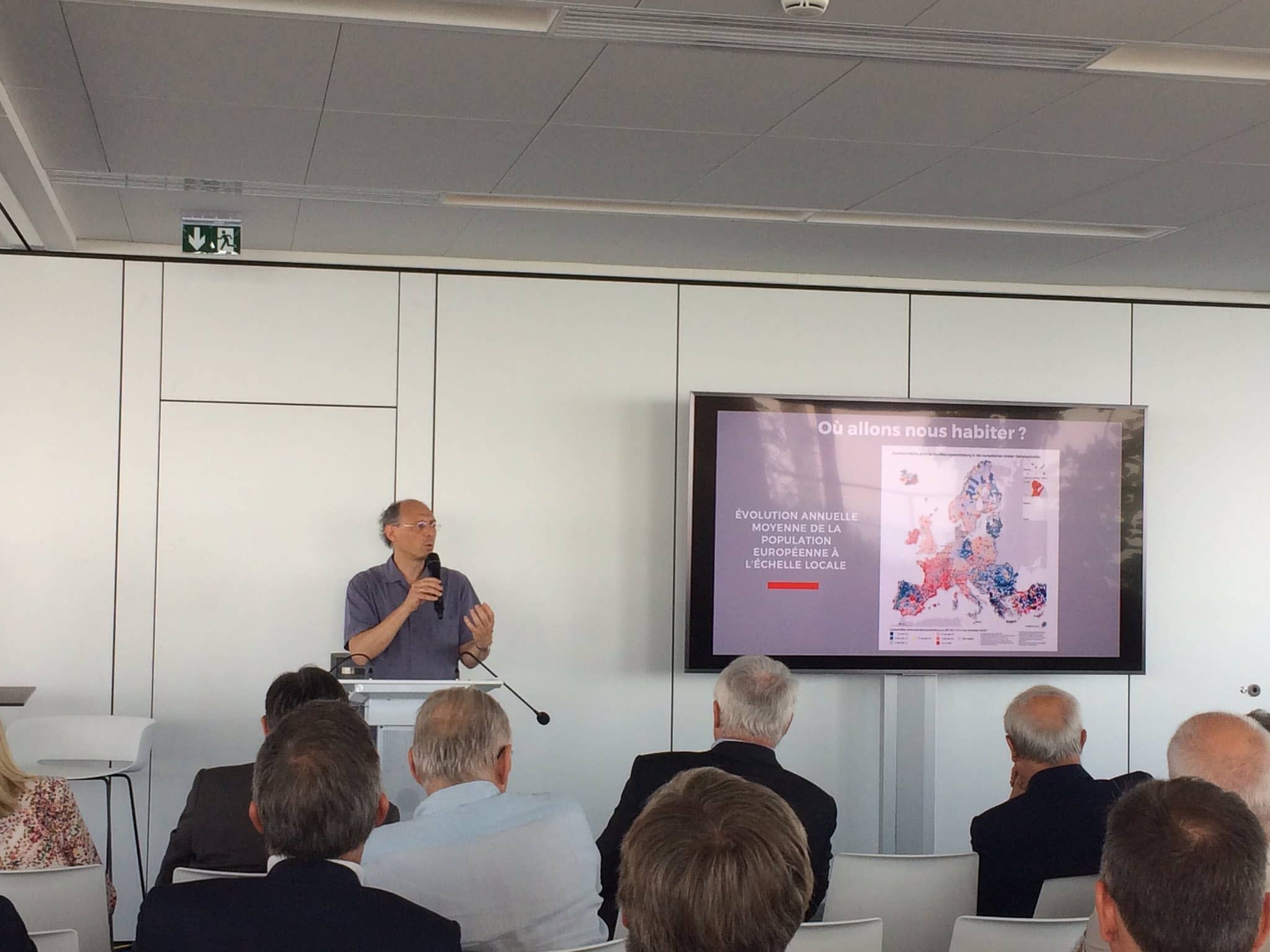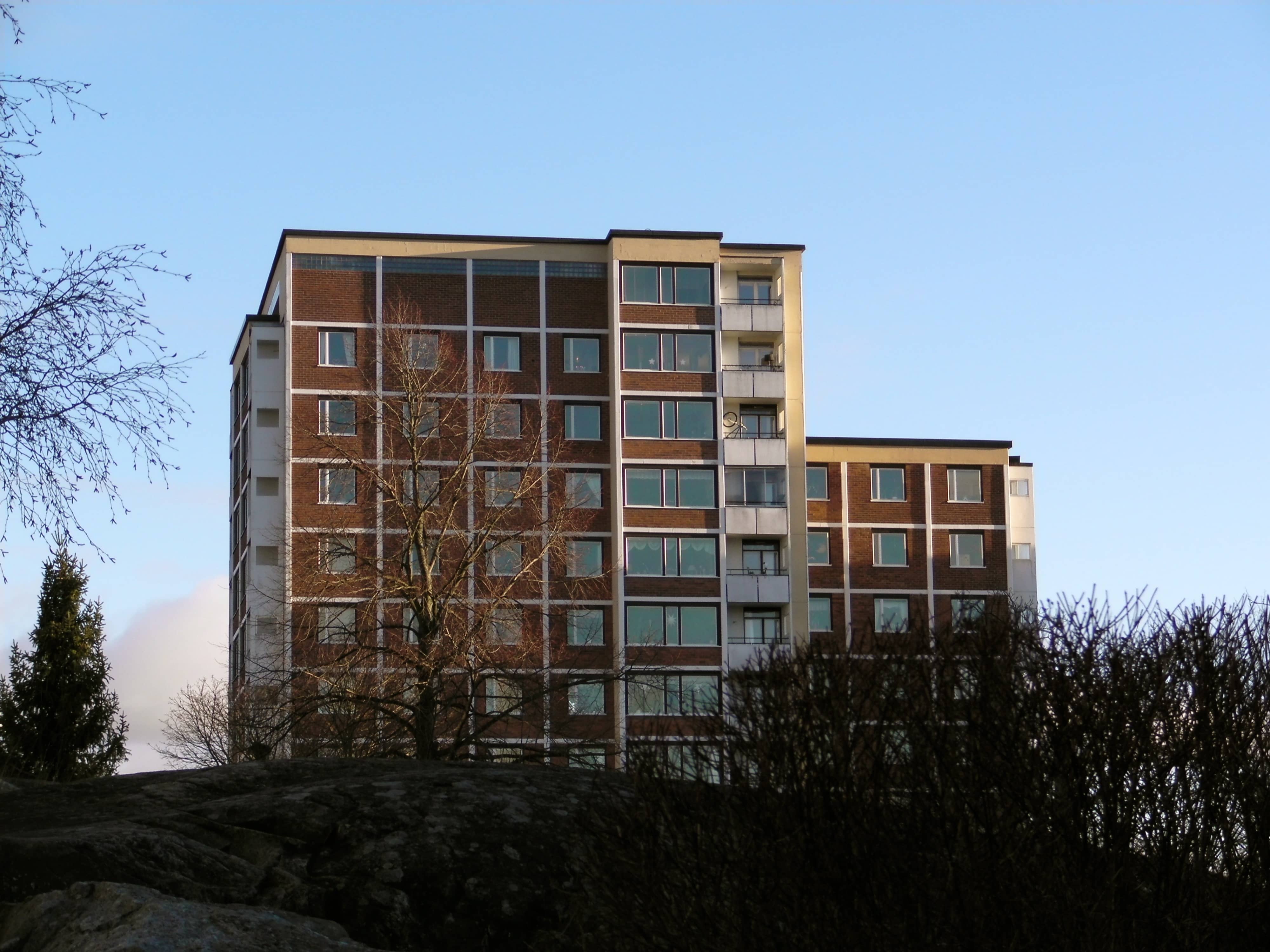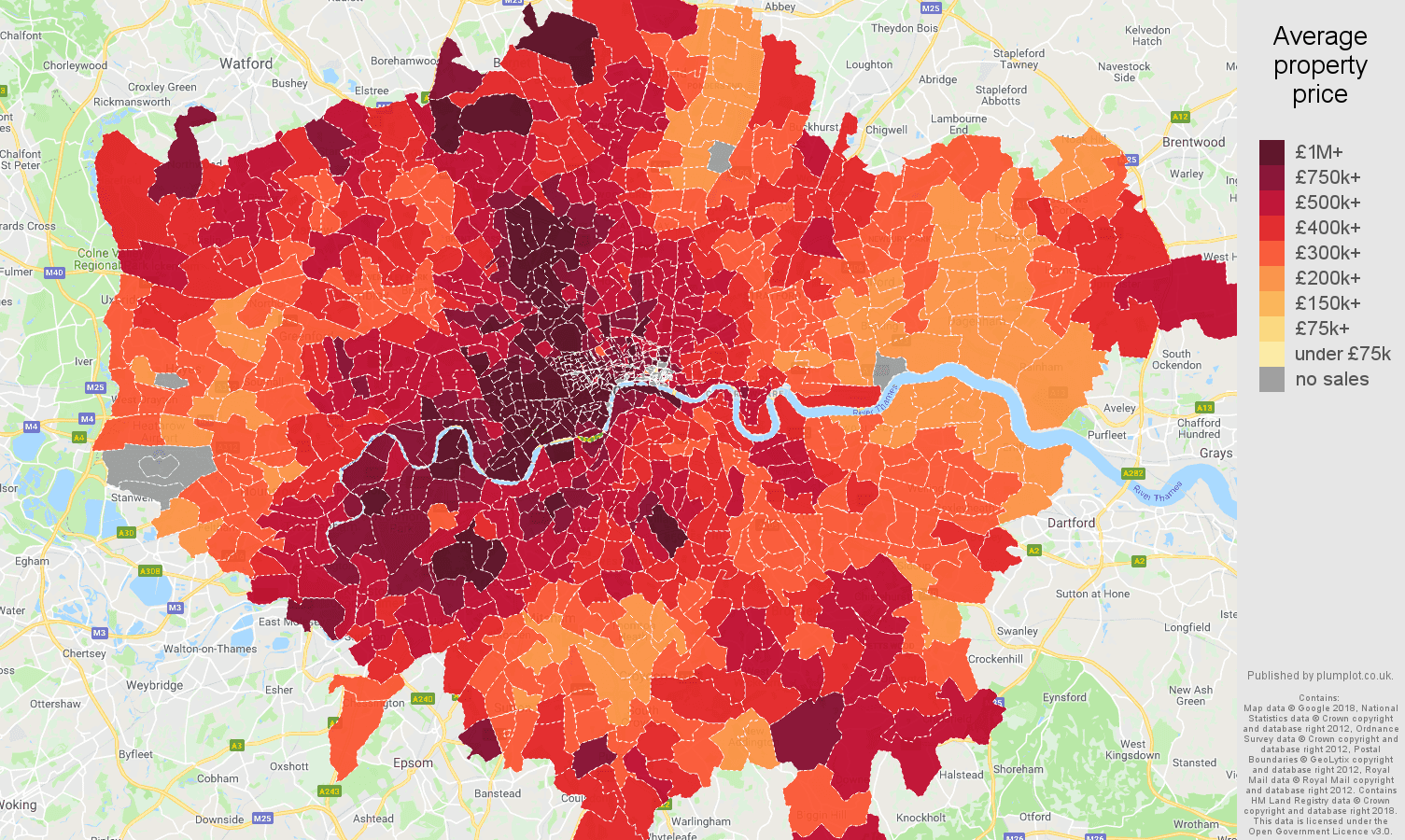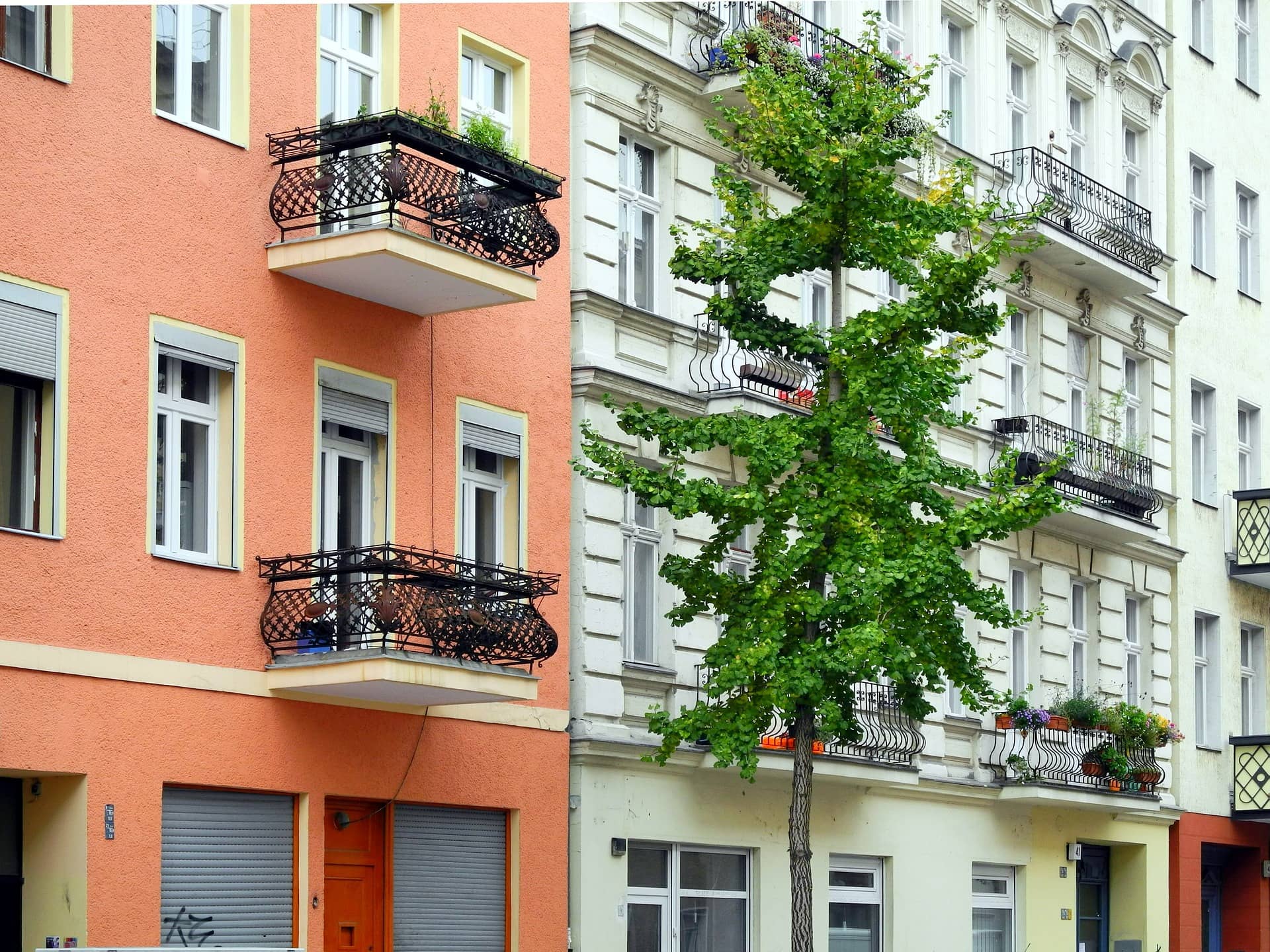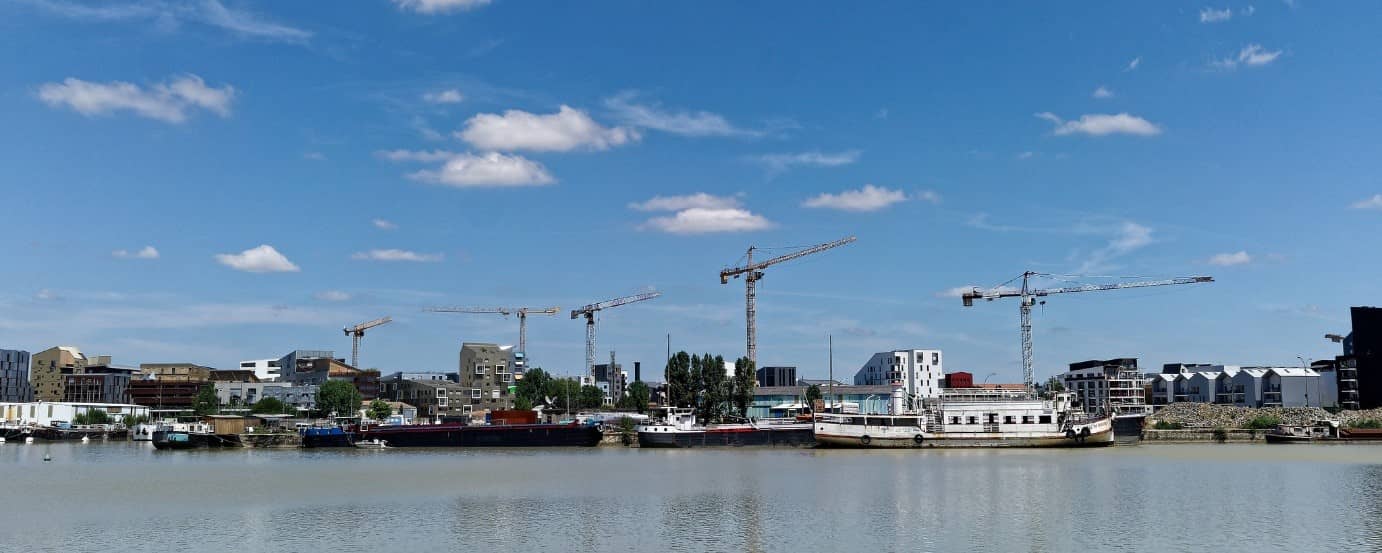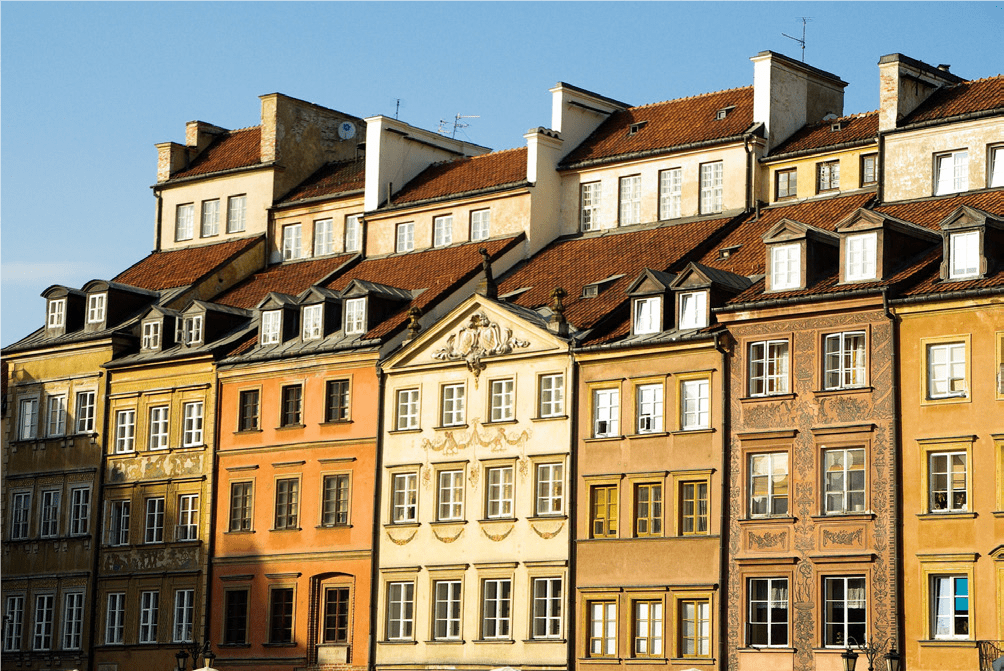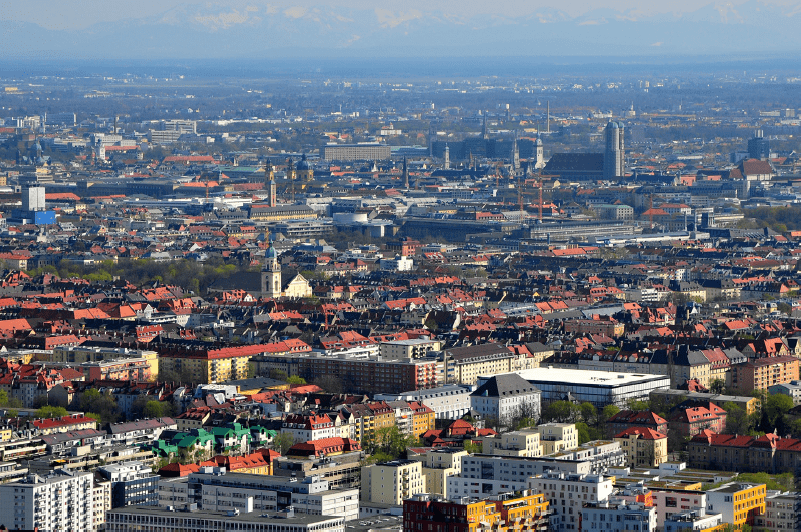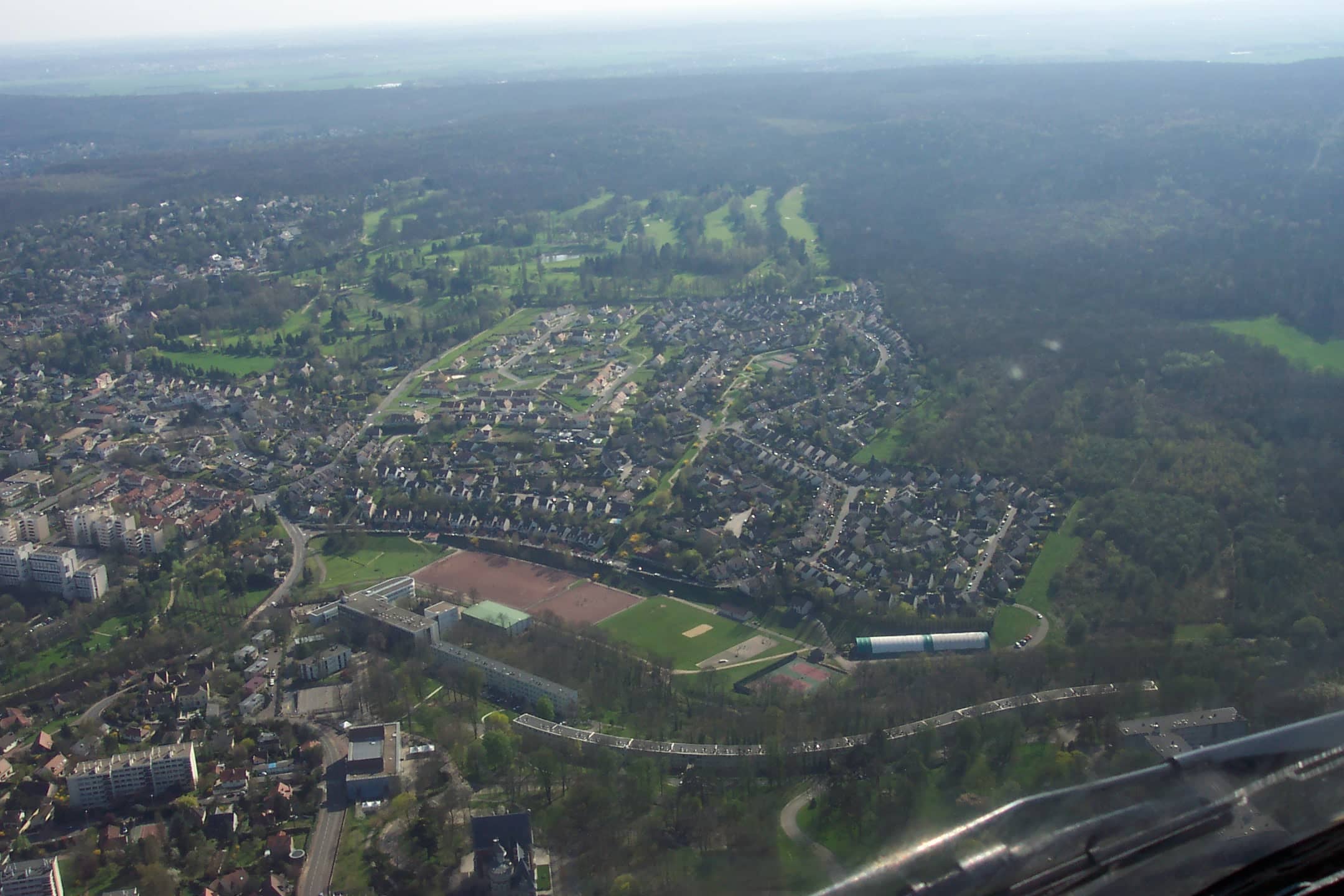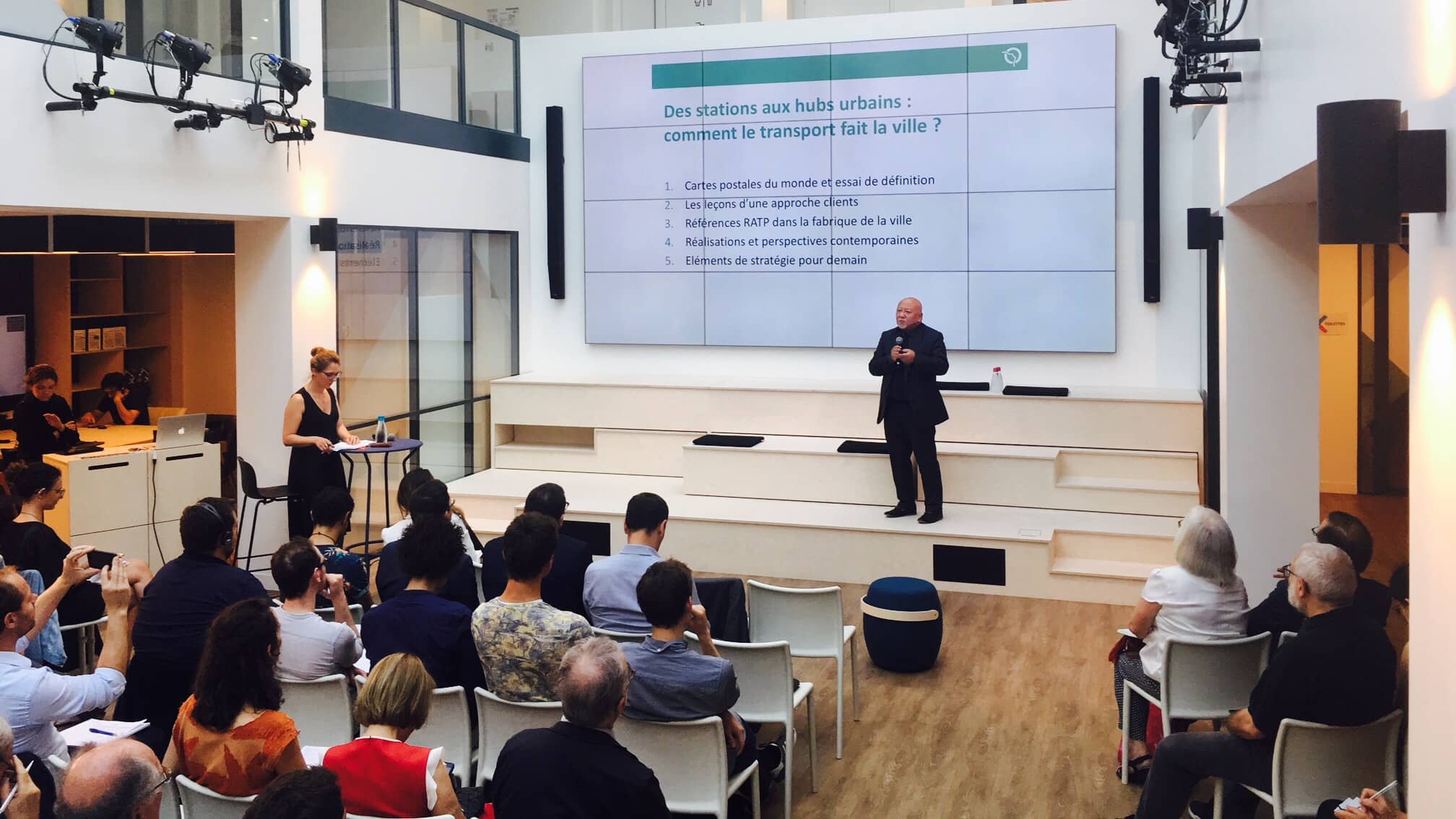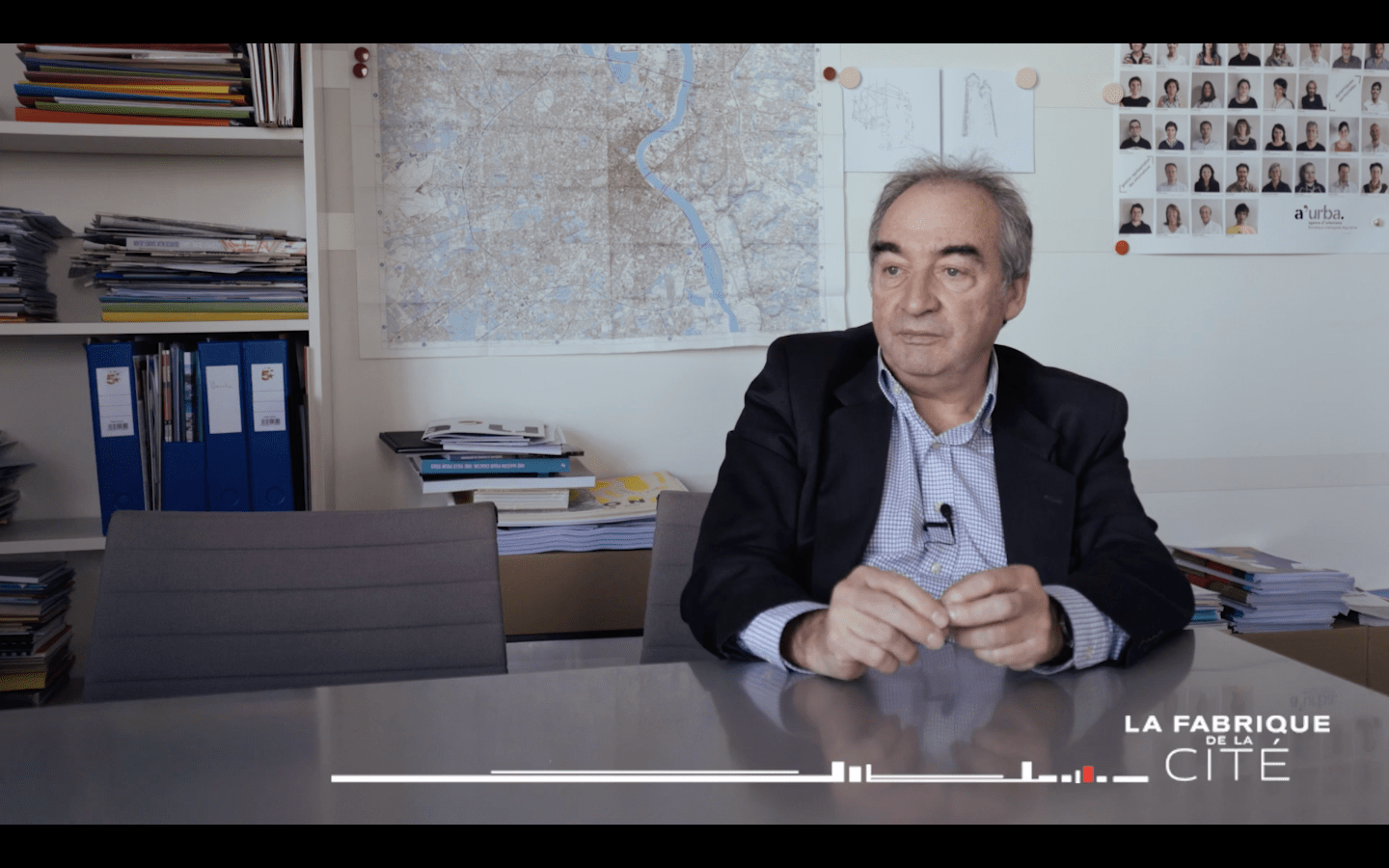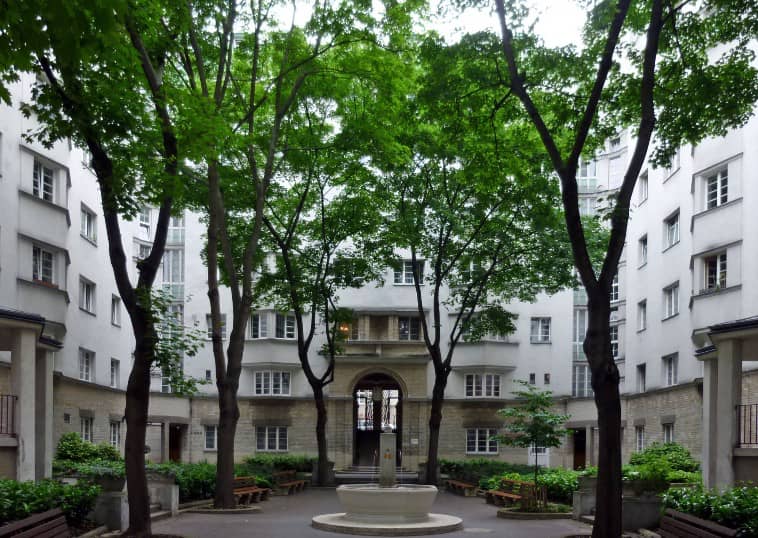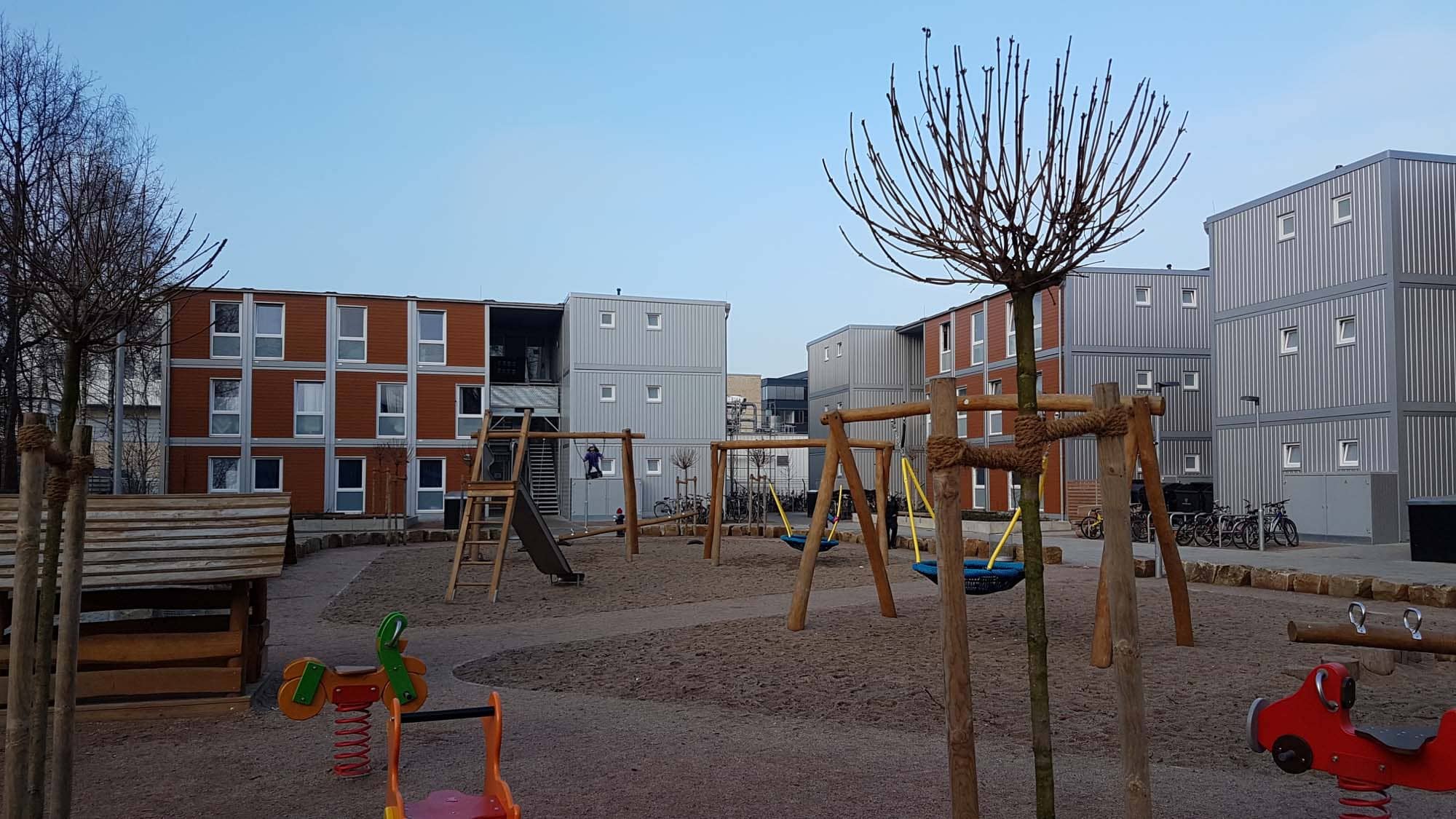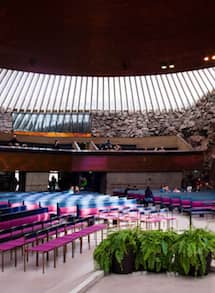

Partnership, innovation political will: how can metropolises solve the housing crisis?
A metropolitan crisis at the European scale
At the intersection of resilience and metropolization, the affordable housing issue is a fundamental one, currently experienced acutely all over Europe. It is critical in world cities like Paris or London, where it has been part of the public debate for many years. But it is now also appearing in cities previously considered as affordable, such as Berlin or Warsaw, which are now faced with a fast increase in real estate prices. Yet while the final result is the same, the manifestations and origins of the lack of affordable housing differ significantly from one city to the next: in London, it is the Greater London Authority’s limited powers, as well as an inefficient fiscal tool and the refusal to use the Green Belt, a significant land reserve, which explain the housing crisis. In Berlin, it is a mismatch between supply (which mostly consists in luxury condos for sale) and demand (from low-income renter households) which is now causing tension on the residential market.
In London and in Berlin as in Munich, Stockholm, Bordeaux, Paris or Warsaw… the diversity of factors means that there can be no single solution to the affordable housing crisis. Yet La Fabrique de la Cité‘s study shows that there exists a method that all metropolises facing a housing crisis could usefully apply. It is this method, based on a blend of political will, innovation, and partnership, which La Fabrique de la Cité discussed with Thomas Brand, Head of the Housing Department at the Berlin Senate Department for Urban Development and Housing; Patricia Muller, Director of brand development for VINCI Construction France; and Mary Dellenbaugh-Losse, an urban researcher and independent policy adviser.
This roundtable highlighted the need for increased cooperation between private and public stakeholders, supported by strong leadership from metropolises and local authorities: “private actors must contribute to the production of affordable housing and the construction of social infrastructure in Berlin“, Thomas Brand comments. For Patricia Muller, “the affordable housing challenge calls for responses from both the public and private sectors. To decrease price levels while safeguarding quality: for the private sector, that is the real challenge.”
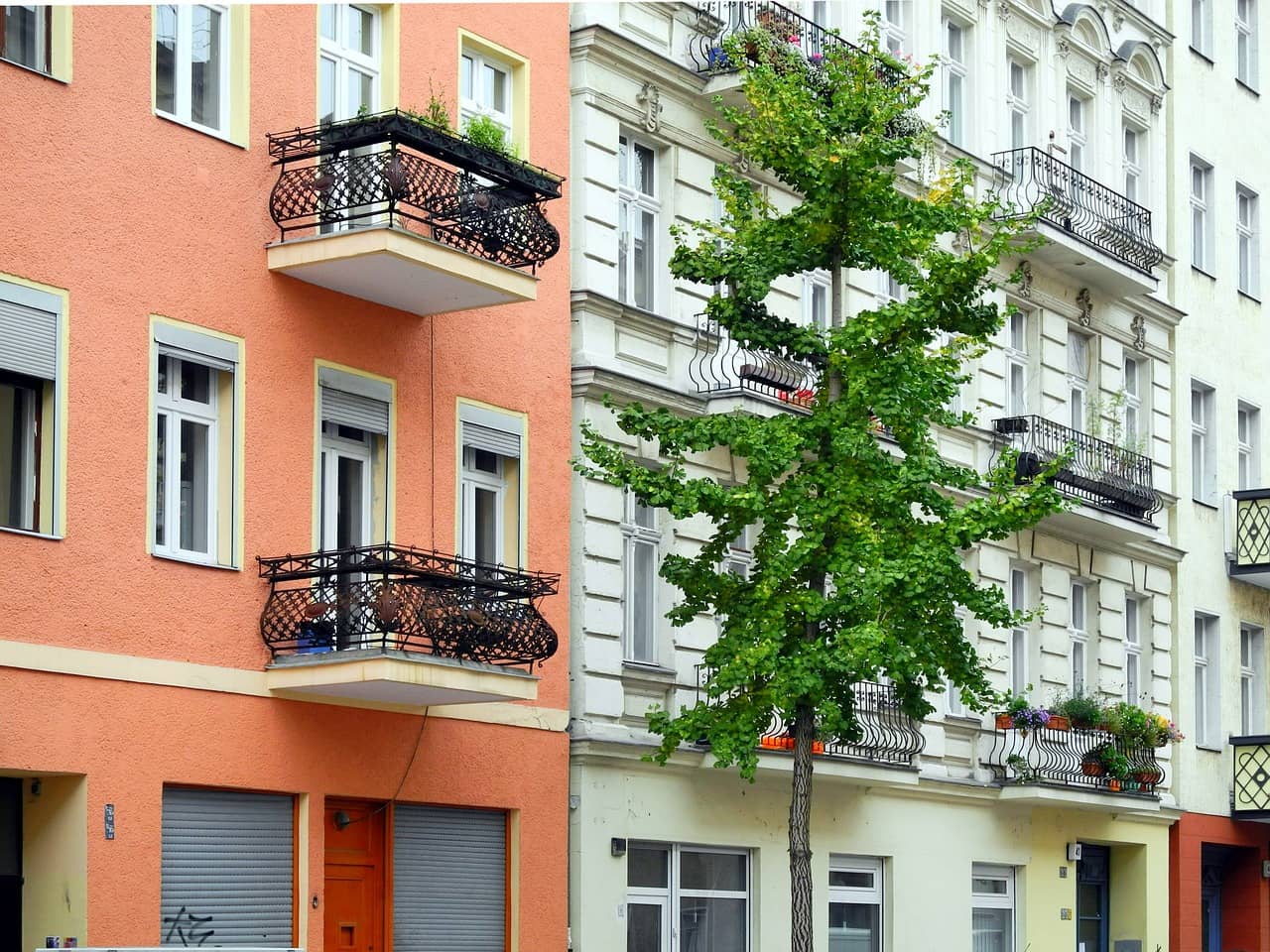
Access to ownership for young households in Bordeaux
How can Bordeaux help young households with low and middle incomes access ownership? To answer this question, La Fabrique de la Cité brought together Michèle Laruë-Charlus, Head of the Bordeaux 2050 mission, Bordeaux Métropole; Alexandra François-Cuxac, President of the French Federation of Property Developers; Élizabeth Touton, Deputy Mayor of Bordeaux in charge of operational urban planning, housing and commutes; and Louis Bousquet, program manager, EDEN Promotion.
Panelists addressed the “volumes capables” solution, currently implemented by Bordeaux Métropole in the Brazza neighborhood, and which gives low- and middle-income households an opportunity to buy an affordable home in the shape of a directly-habitable surface that new owners can move into directly or further customize. “This is an original model that is intended to be replicable and exportable“, Michèle Laruë-Charlus explains. More generally, how can we facilitate the production of affordable housing in dense areas such as the Bordeaux metropolitan area? For Alexandra François-Cuxac, the solution consists in “putting an end to the hike in our regulatory expectations“, but also in “taking housing and land out of their mercantile spiral and positioning them as basic necessities“.
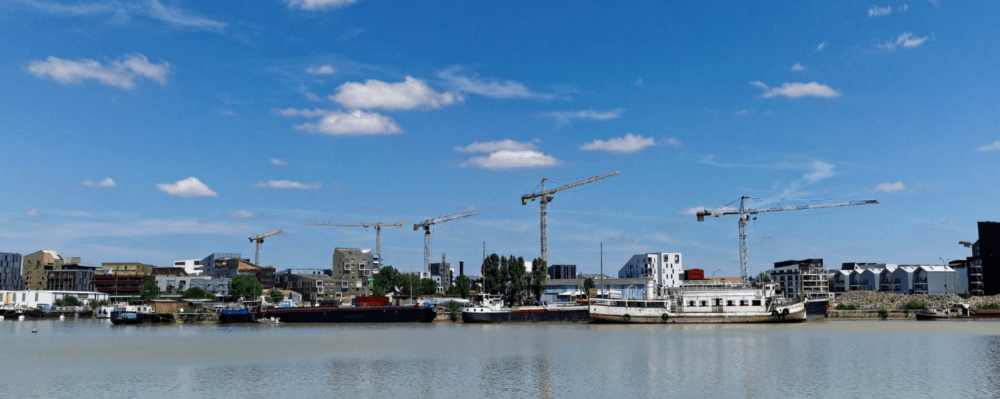
These other publications may also be of interest to you:
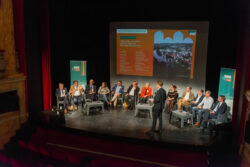
Back from Cahors

Rebalancing
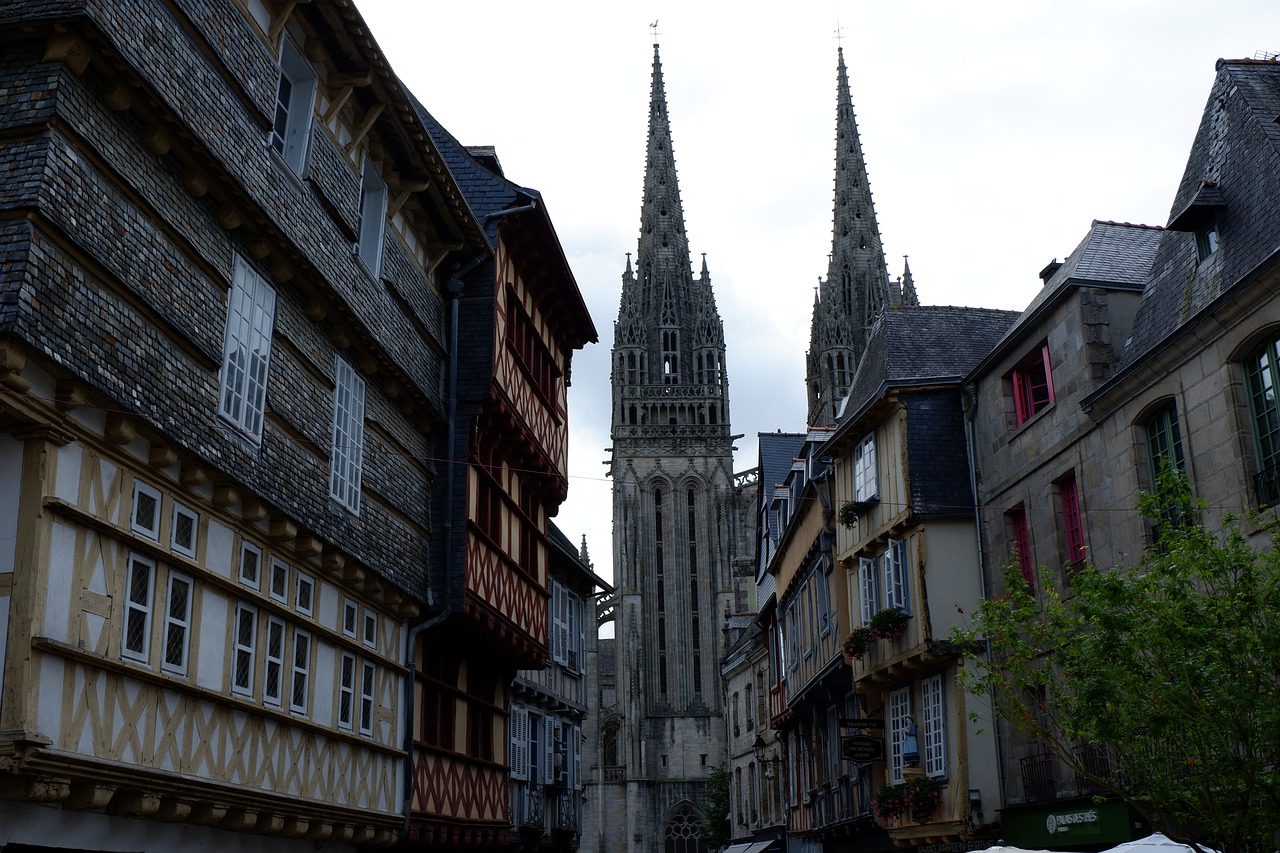
Size, Network and People

Long live urban density!
The ideal culprit
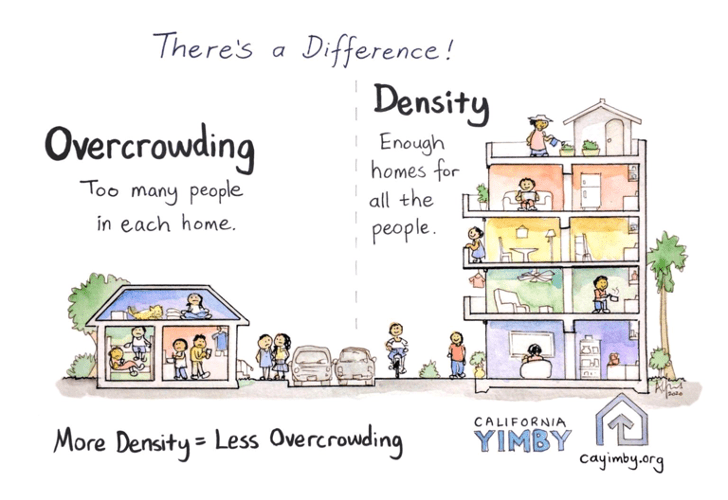
Behind the words: density
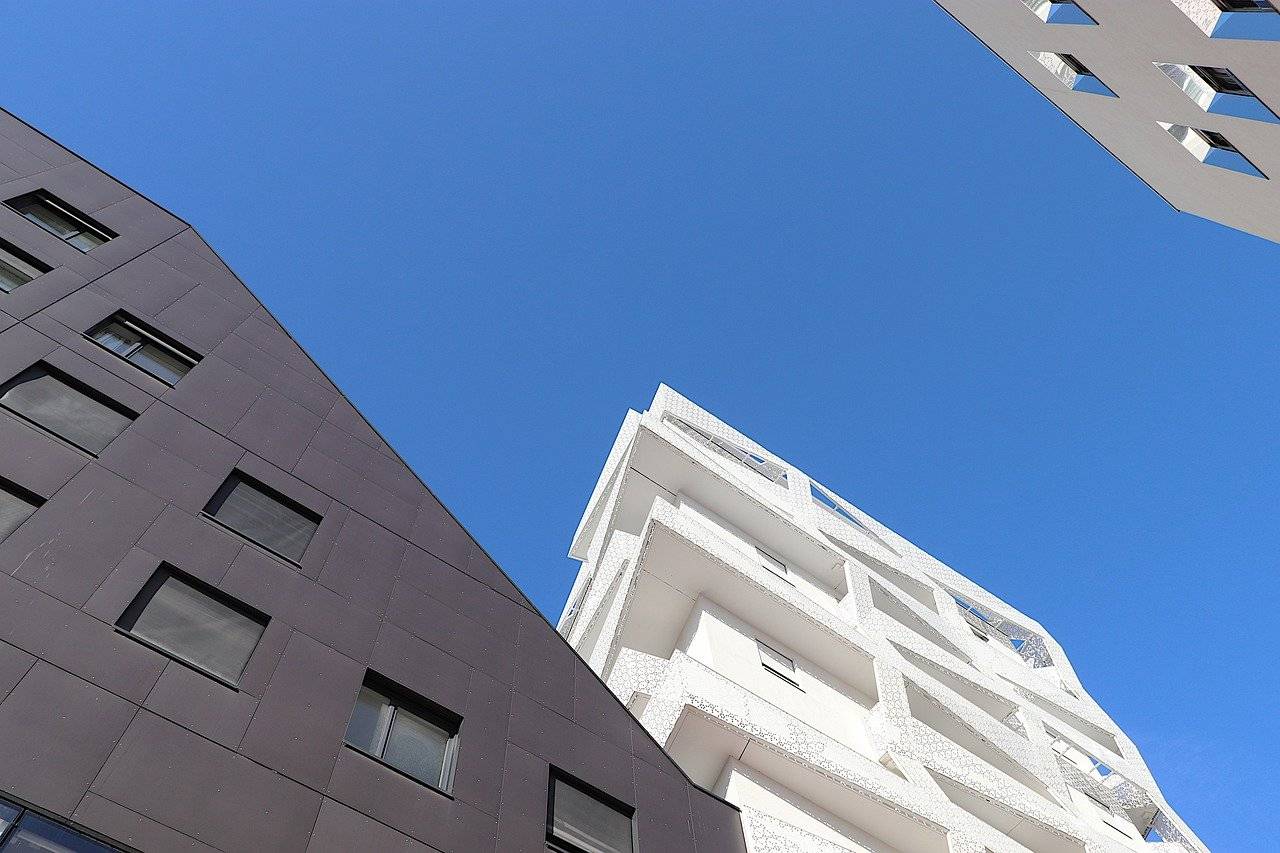
Behind the words: Affordable housing

Inventing the future of urban highways
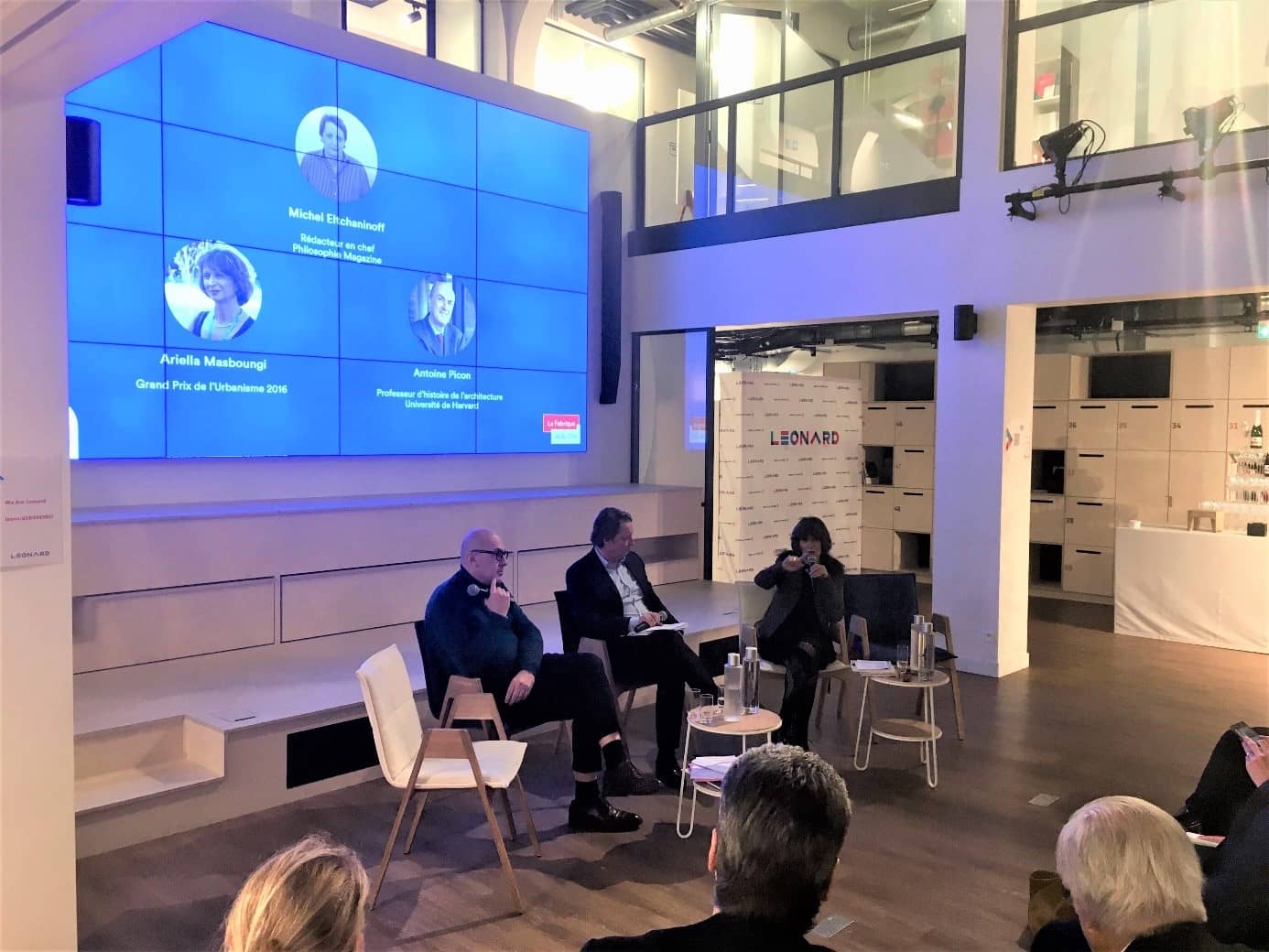
Spatial justice, managing the situation to enable development?
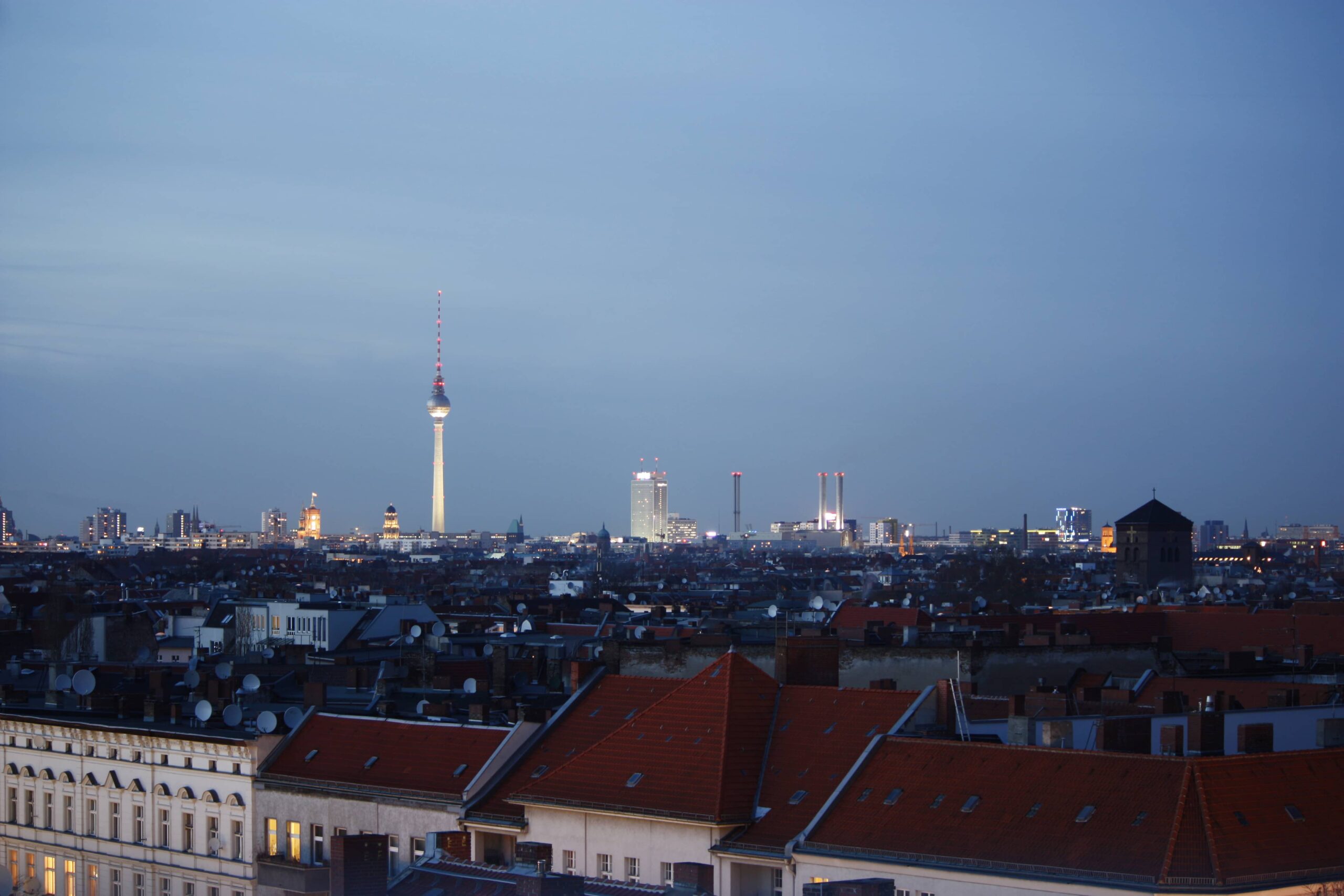
German metropolises and the affordable housing crisis
La Fabrique de la Cité
La Fabrique de la Cité is a think tank dedicated to urban foresight, created by the VINCI group, its sponsor, in 2010. La Fabrique de la Cité acts as a forum where urban stakeholders, whether French or international, collaborate to bring forth new ways of building and rebuilding cities.





















